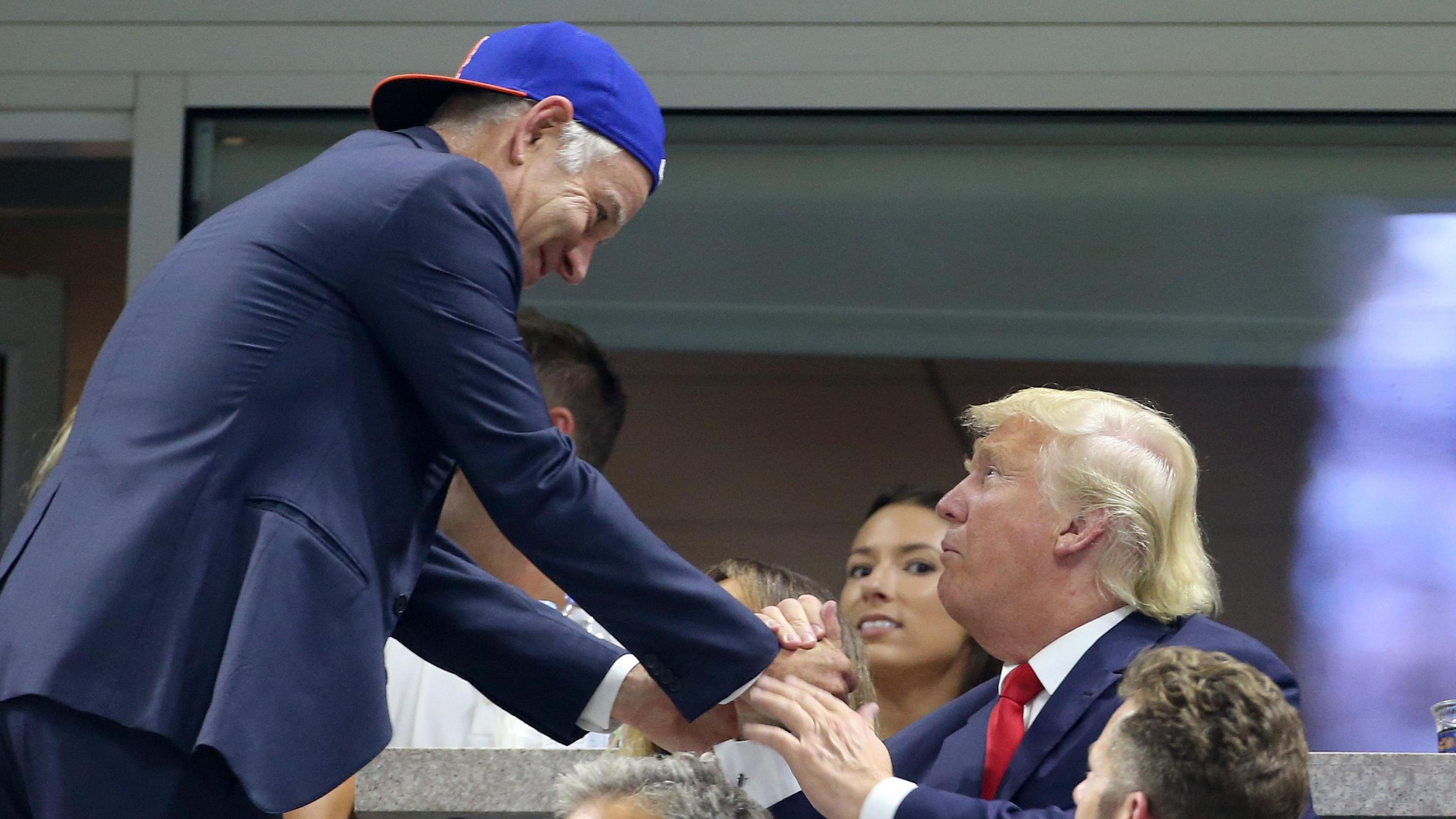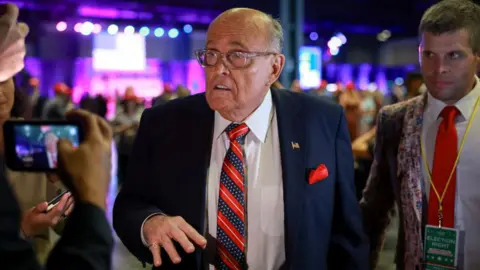In a significant development for voice-over professionals, a federal judge in New York has ruled that a lawsuit filed by artists Paul Skye Lehrman and Linnea Sage against AI voice startup Lovo can progress. The couple asserts that their voices were appropriated by Lovo without their consent, leading them to pursue a class action lawsuit aimed at holding the company accountable for alleged misconduct.
The judge's ruling has dismissed the plaintiffs' claims pertaining to federal copyright but has allowed several other serious allegations to move forward. These include accusations of breach of contract and deceptive business practices, as well as separate copyright claims asserting that their voices were improperly incorporated into Lovo's training datasets.
California-based Lovo Inc. had initially sought a complete dismissal of the case and has yet to respond to inquiries from the press. The artists’ attorney, Steve Cohen, views the court's decision as a significant victory, expressing optimism that a jury will ultimately support their case against the AI industry.
The legal actions being taken by Lehrman and Sage mirror a growing wave of similar lawsuits from artists across various creative fields who claim their work has been misappropriated for training AI models. The pair, who reside in New York City, filed their lawsuit after discovering that clones of their voices were being sold on Lovo's text-to-speech platform, Genny.
The couple revealed that they were contacted by anonymous representatives of Lovo for voice-over work through the freelance marketplace Fiverr. Lehrman earned $1,200, while Sage was compensated $800 for their contributions. They later discovered that the usage of their voices was misrepresented, with promises that the recordings would be solely for internal use, before finding their voices used on Lovo’s platform.
The situation escalated when the couple encountered an AI-powered voice in a podcast discussing AI's impact on Hollywood, which eerily replicated Lehrman's voice. This prompted a moment of shock for them, as they realized the implications of AI technology within the industry they work in.
Upon further investigation, Lehrman and Sage unearthed their voice clones available for use as well as recordings that had been publicly posted by Lovo. After initial scrutiny, Lovo removed the contested voices, indicating that they had not gained popularity on the site.
As the legal proceedings move forward, the case is set to unfold at the US District Court in Manhattan, potentially setting precedence for artists fighting against the misuse of their work in AI development.




















